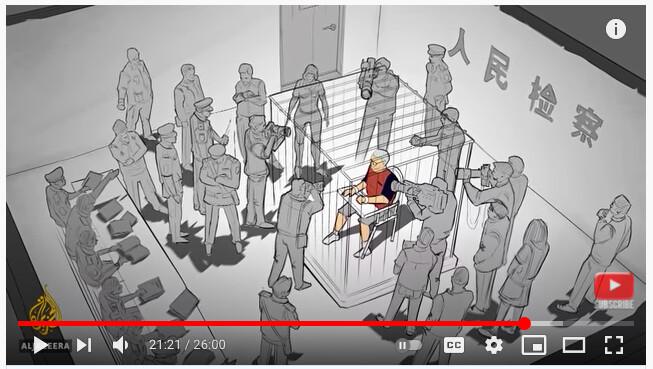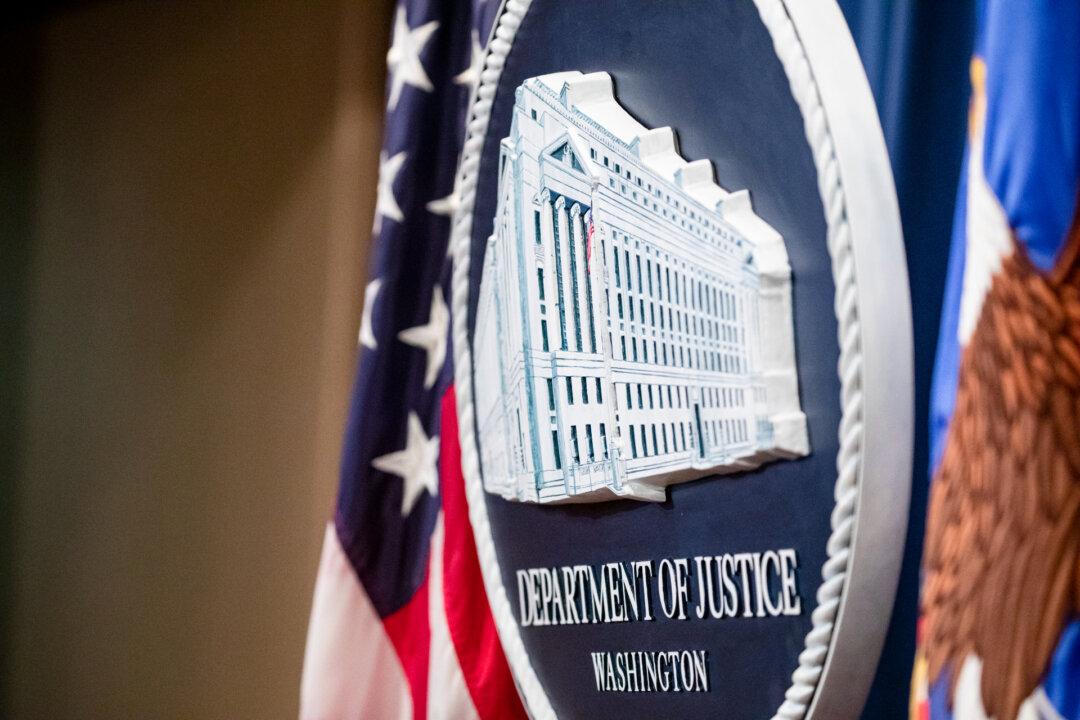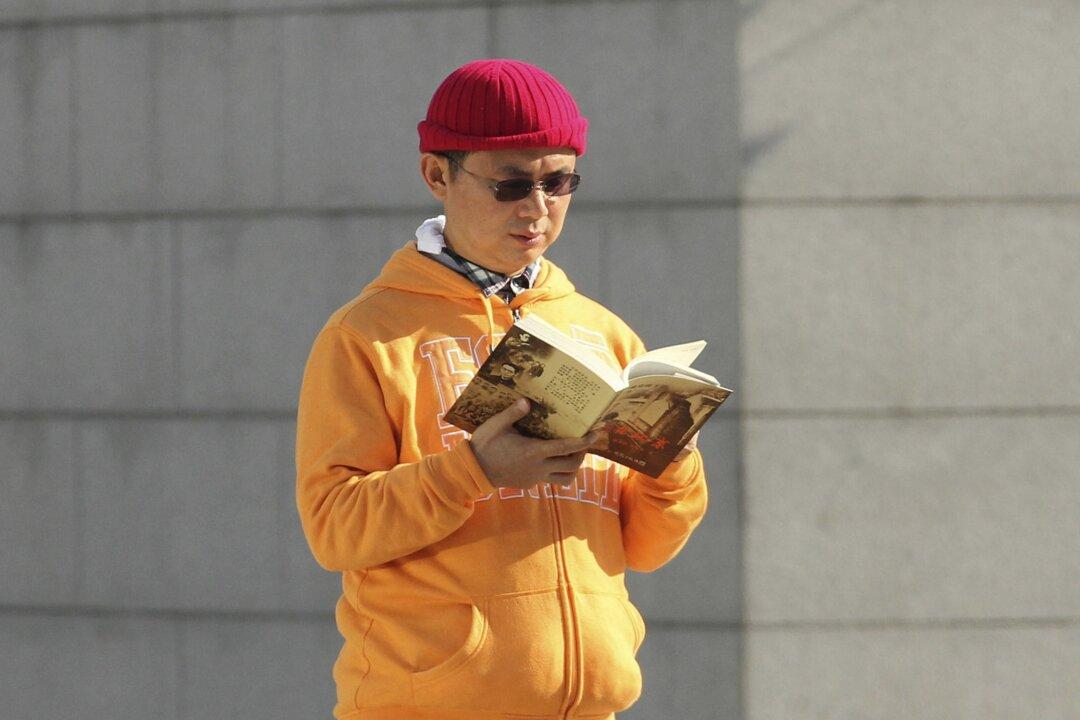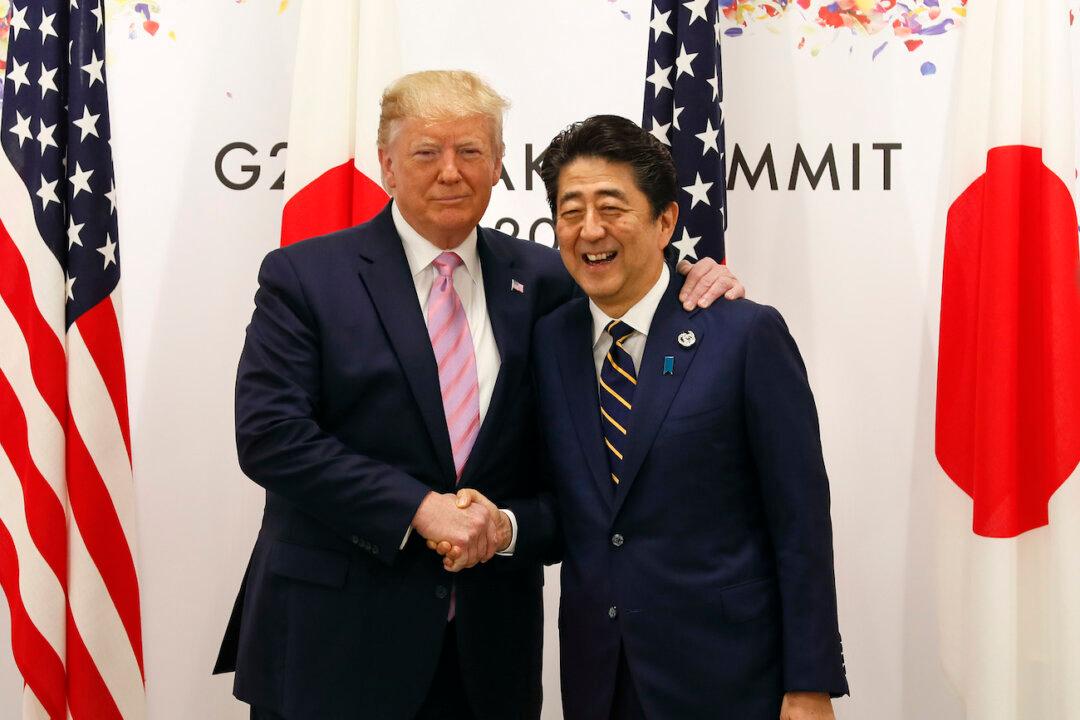The group urged global TV providers, including Eutelsat, not to air CGTN and take part in the grave human rights violations of the Chinese Communist Party (CCP).
TV confessions are a tool that the CCP has applied to targeted groups including rights lawyers, activists, dissidents, believers, and ethnic minorities.
CGTN, previously known as CCTV International until 2016, is the international division of China’s state broadcaster China Central Television (CCTV), and is under the control of the Publicity Department of the CCP.
According to its official site, it has three production centers and is available in more than 160 countries and regions.
Even a former CGTN employee, Nick Pollard, a British TV executive, spoke out against his employer for its irregularities. Pollard resigned from his post as consultant and advisor to CGTN on Sept. 18, 2019, citing his reason for leaving as being CGTN’s failure to comply with the rules of the UK’s regulator—the Office of Communications, known as Ofcom—on impartiality in its coverage of the Hong Kong anti-extradition bill protests.
In 2020, the United States Department of State designated CGTN and its parent company, CCTV, as foreign missions under the Foreign Agents Registration Act (FARA).
In April 2020, the NGO Reporters Without Borders criticized CGTN for engaging in disinformation regarding COVID-19.
UK law prohibits license holders from being controlled by political bodies.
The letter noted a fact that most TV confession victims are rights lawyers, NGO workers, and journalists. It also described what underlies TV confessions in China: torture, threats, and deprivation. To force detainees into caving in, even their family members, elderly or young, are subjected to threats or beating.
The authors of the open letter requested TV providers to help “curb these human rights violations by prohibiting China’s media from airing.”
The letter was co-signed by 13 victims who experienced detention and forced TV confessions in communist China for their human rights activities. They included lawyers Bao Longjun, Jiang Tianyong, Wang Yu, Xie Yang; rights activists Peter Dahlin, Peter Humphrey, Simon Cheng, Dong Guangping, Zhai Yanmin, Liu Sixin, Liu Xing, Li Gang; and bookseller Lam Wing-kee. Angela Gui also signed her name on behalf of her father, Gui Minhai, also known as Michael Gui, a Chinese-born Swedish book publisher and writer.
Lawyer Bao Longjun told The Epoch Times that in China, TV confessions are involuntary.
“You’re forced by each and every means into admitting charges imposed on you,” Bao said. “All those accusations are false, but the regime coerces you to confess them.”
The lawyer contended that TV confessions are destructive to the legal system.
“They’re completely contrary to law requirements, indeed an irony of [the CCP’s] ‘ruling the country by law,’” Bao commented. “Especially targeted at dissidents, pro-democracy activists, and rights lawyers. Extremely wicked practices because you’re forced into confessing your unfounded guilt, into obedience so that the CCP regime can control you more easily.”





